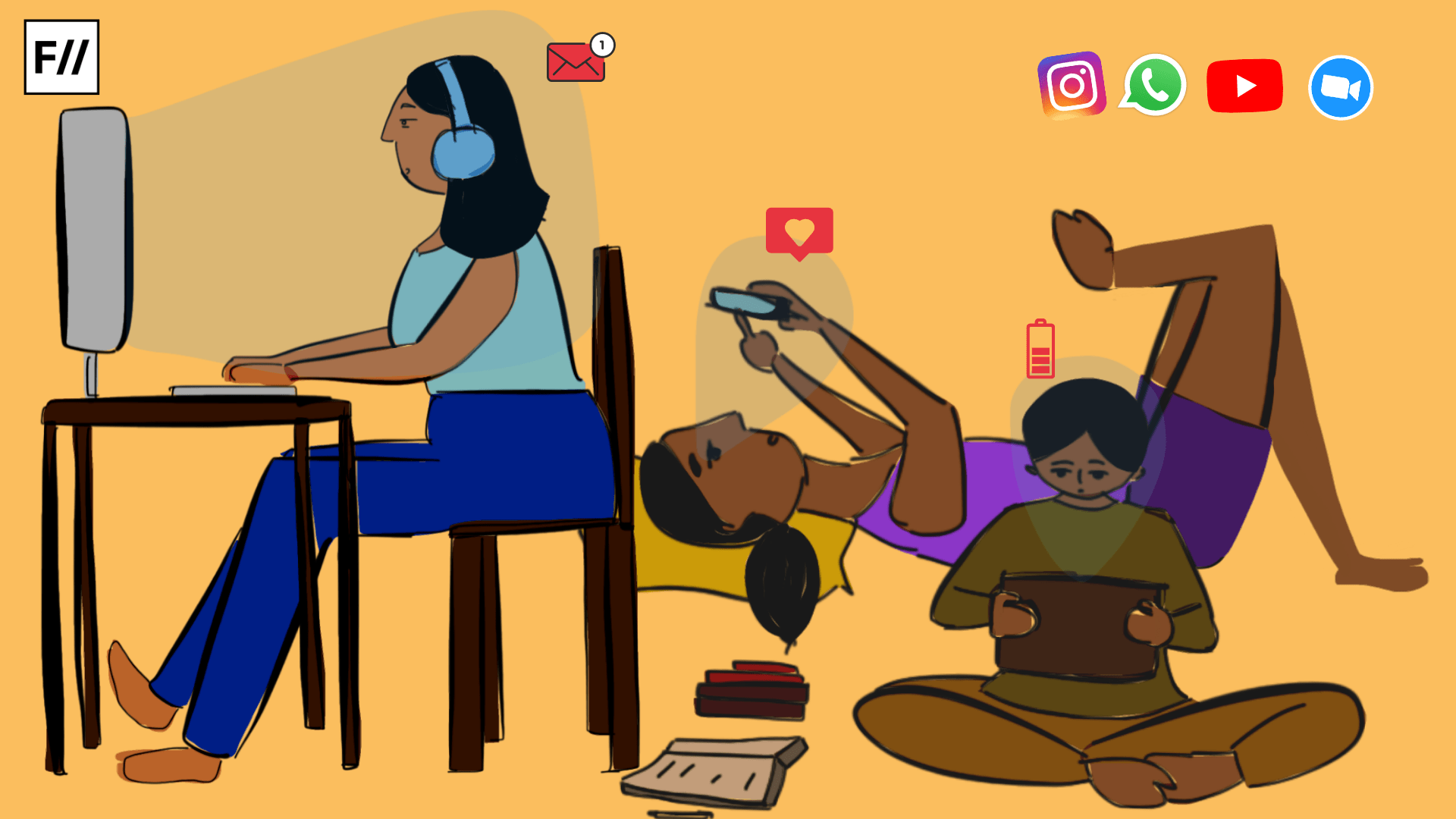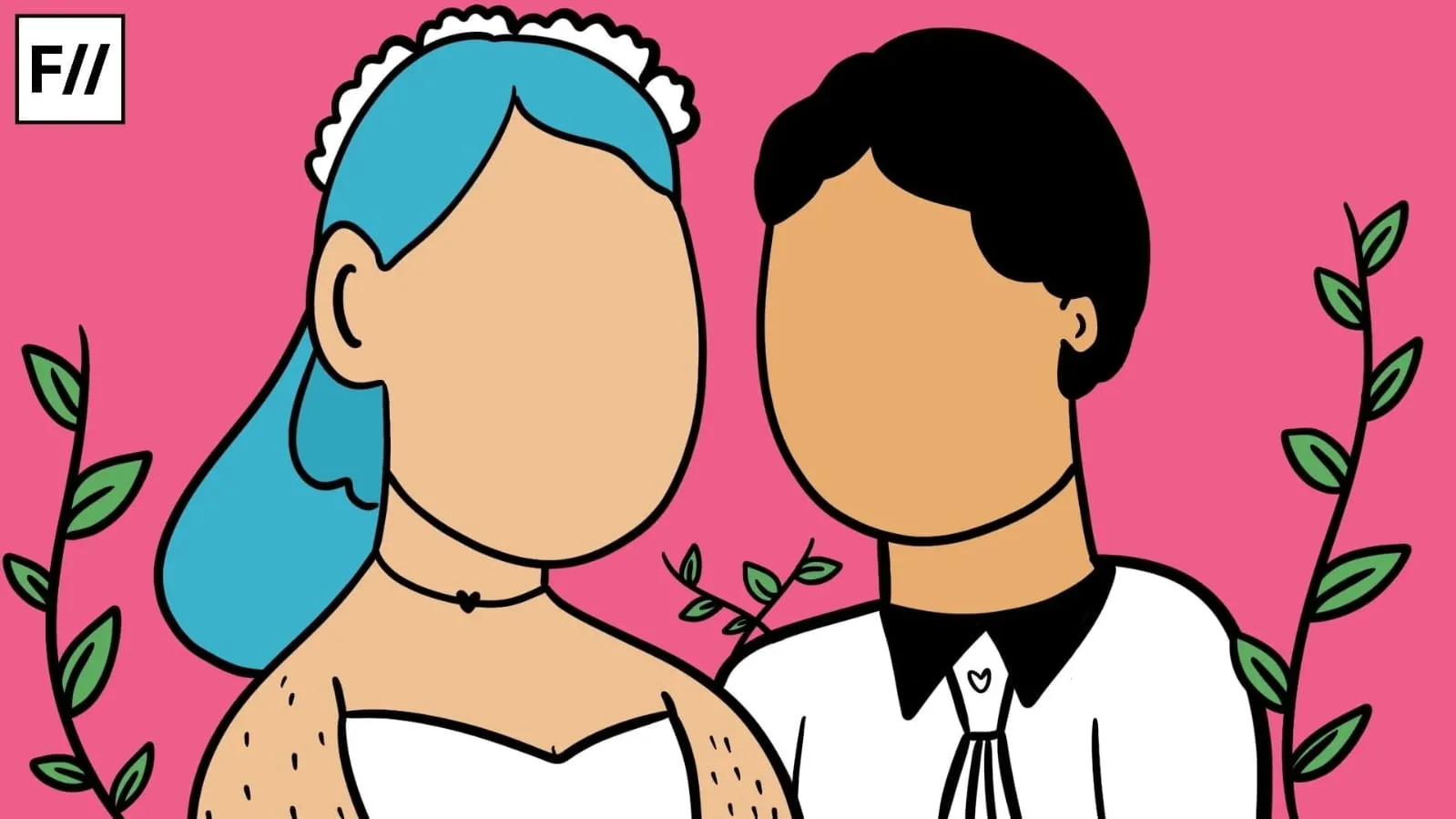With each passing day, our online existence creeps more and more into our actual existence. A recent study showed that, on average, we spend about seven hours a day online. Much of our daily tasks have migrated online, from grocery shopping to note-taking to making payments, and gained the upper hand over being performed offline. Much of dating too now happens online over a wide array of apps like Tinder, Hinge, Grindr, Bumble & Her. While the convenience and ingenuity of online dating drew a large user base over the years, it has also arguably roboticised the process of finding human connection.
The pursuit of optimal user engagement has driven app developers to gamify their ecosystem to create a more stimulating environment for their users. While this generates engagement it also turns the process of being online more superficial. So while dating apps do make dating simple, they also detach users from the humanness of this experience.
Gamifying dating
Gamification is the process of integrating game elements into something to encourage higher engagement and spend more time doing that activity. Apps, especially social media, have increasingly gamified themselves in the last decade leading to hours-long screentime and mindless scrolling, which allows them to advertise heavily and generate revenue. And whether advertisements are sold to users or not, apps benefit from continual, long-term usage. Visual stimulation and the simplicity of going from one thing to the next in a matter of seconds engage us in a loop of doomscrolling.
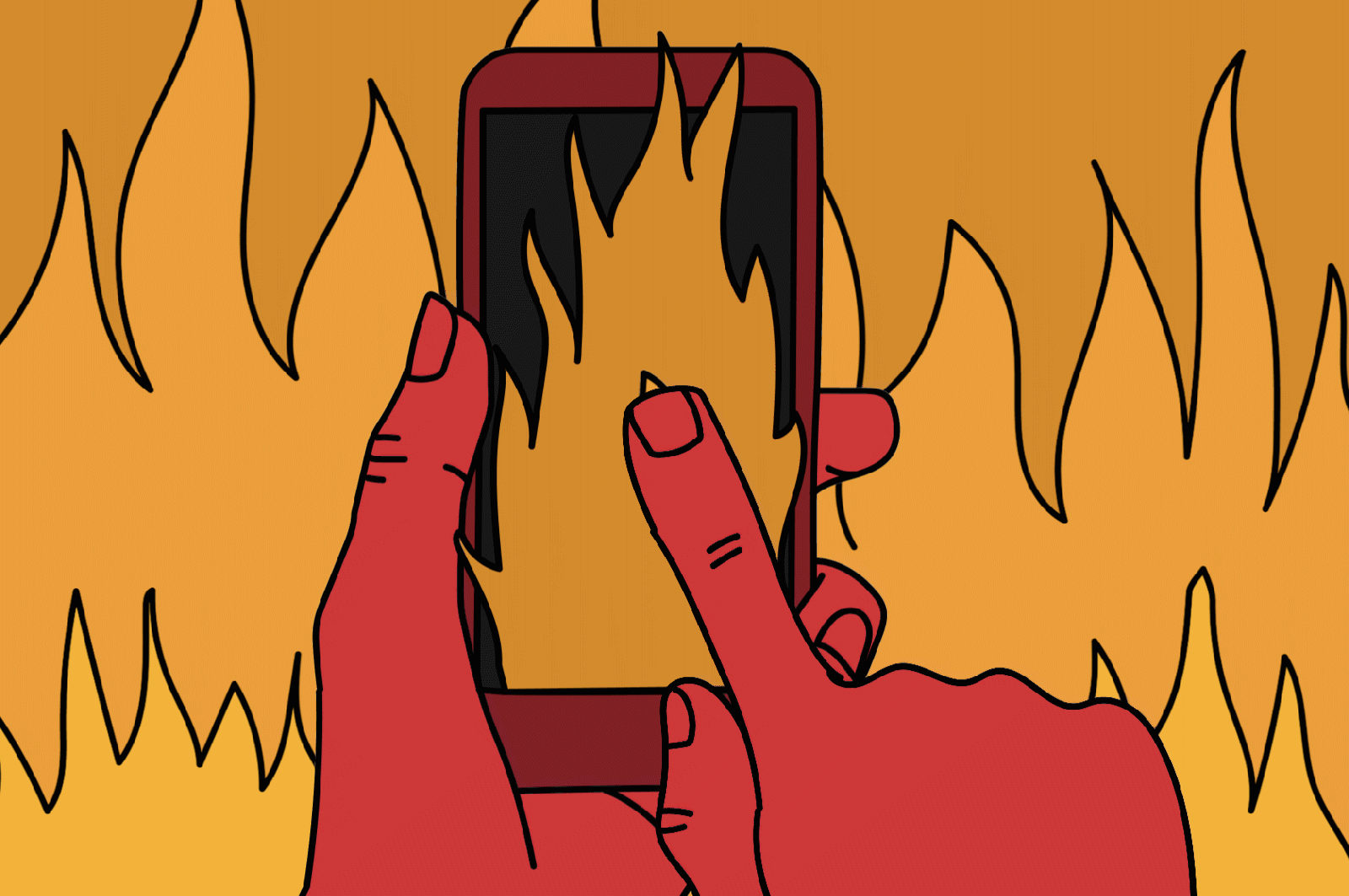
Dating apps too have gotten on the train of gamification with ‘doomswiping‘ replacing doomscrolling. Beyond the proclaimed purpose of finding dates, the apps also provide the same kind of visual stimulation that social media & entertainment apps provide. Swiping itself becomes a game and the stimulation gained from being on the apps becomes a part of the game.
A paper titled “Mediated Superficiality and Misogyny Through Cool on Tinder” explores this idea, theorising that gamification and image-centeredness go hand in hand, especially on dating apps. Author Jin Lee says it “transforms and presents intimacy within contexts of game playing, which leads users to derive fun from playing with the app.” The ‘gameplay‘ of dating apps lies then in snap judgements leading to a flow of swiping that may continue for hours.
Lee adds “The gamified and visual-centred settings of Tinder, however, provide little room for establishing users’ psychological entities. A 500 word-limit description of oneself for a “user bio” is insufficient to show a person’s complicated psyche.” Personalities are reduced to more or less superficial miniatures which creates a value economy within the app.
Apps like Bumble have even taken gamification a step further with their ‘Night In‘ feature that allows users to play in-app games on an in-app virtual date, not only taking immersion a step further but also tangibly increasing user engagement. Alongside engagement, gamification also stands to increase its user base, monetisation, and data collection. On the users’ end, it enables them to get addicted to doomswiping.
The grasping appeal of dating apps
Matchmaker & dating expert Devyn Simone presents the slot machine analogy for online dating, comparing being on dating apps to gambling on a slot machine, playing over and over again with no guarantee of winning. The hope of eventually hitting the jackpot keeps the player in the running despite no guaranteed result simply based on the thrill of the chance of winning. The popularity of dating apps seemingly persists, despite negative experiences, because there is always the hope that someday you will find a good match. They run on an attention economy that easily grasps its users.
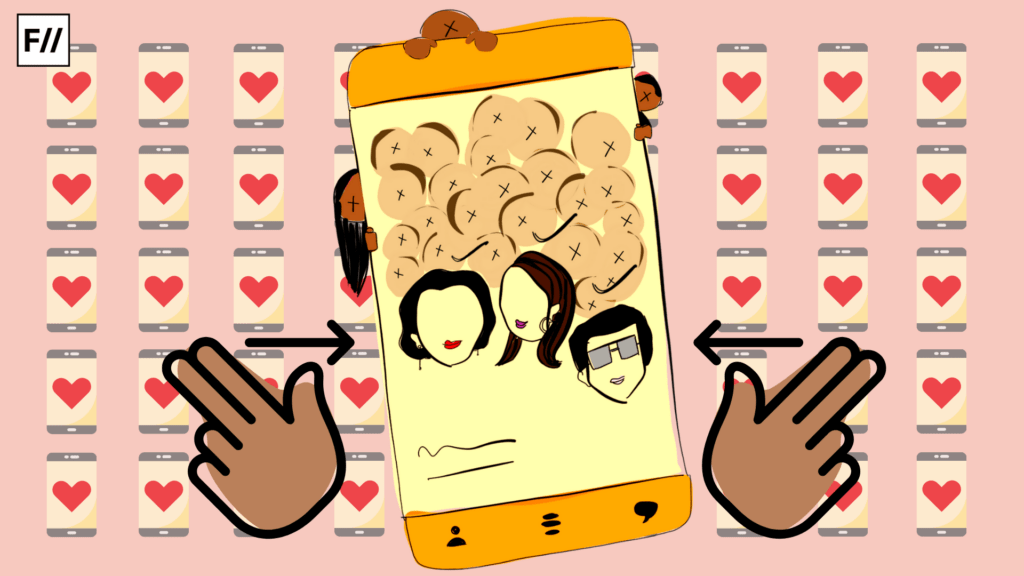
Cultural critic Jaime Woo on the CBC documentary ‘Big Dating‘ noted: These apps want you to come back and keep finding different matches and keep being interested. And even if you need to take a break, they’ll find little ways to ping you and say, ‘Hey!‘
Surprisingly, this is not even hidden or buried by the companies that run these apps. A survey conducted by the dating site eHarmony in the UK reported that a whopping 90 per cent of their users feel they’re addicted to dating apps, 70 per cent of whom feel that it negatively affects their mental health.
Amarnath Thombre, CSO of Match Group (owner of Tinder and other dating apps) calls dating a coincidence that consequently arises while playing the game of Tinder. The question arises if user experience and finding fruitful matches are even part of the purpose of dating apps.
User experience from the user’s perspective
Being on dating apps is paradoxically both engaging and disengaging. Regardless of the ingenuousness of the experience, a majority of people continue to be on dating apps. While one study shows that close to 50 per cent of users are dissatisfied with online dating, another shows that in India, close to 80 per cent of people are willing to spend more time on dating apps than they already do.
Still, problems persist in terms of self-perception and presentation. The environment of quick judgement created by gamification makes people measure themselves, sometimes harshly, in terms of their attractiveness and perception by others. The photos selected, number of photos, choice of words, pop culture references made, and artists chosen as favourites all come under critical scrutiny both by others and by oneself. This is further only heightened when comparing oneself with others seen on the apps, especially after long use and learning of its hierarchical functioning. Thus, a lot more effort goes into the process of dating, specifically in terms of self-presentation, online.
Loss of aura in online dating
While online dating is seemingly the only & most convenient way to connect with others these days, there is a certain perceived lack in the experience. There is a lack of a certain aura found in traditionally formed human connections. Aura, as defined by Benjamin, is the uniqueness of a work of art, in a specific cultural context, relating the spectator to the work of art and providing it with authenticity.
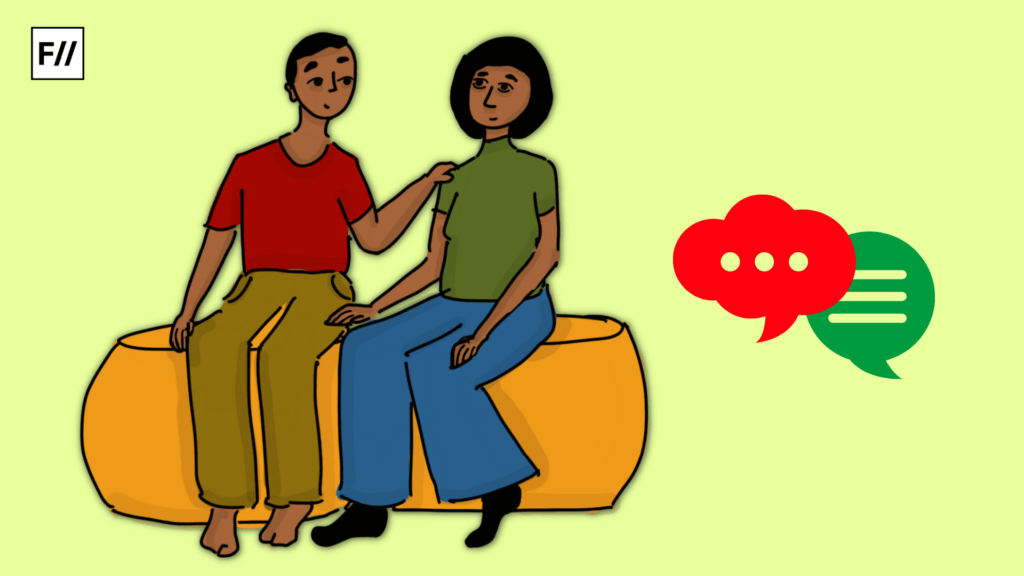
In his seminal essay “The Work of Art in the Age of Mechanical Reproduction,” Benjamin argues that mechanical reproduction– and by association, commodification– eliminates the aura of the work of art. Coopting Walter Benjamin’s concept of ‘aura’ from the production of art to the environment of modern dating, we can notice a significant difference between traditional dating and online dating.
Online dating, as opposed to traditional dating, commodifies human relationships & the formation of human connections, consequently making the experience lose its aura. With the loss, or rather the absence, of an inexplicable aura in online dating and its commodified nature owing to gamification, online dating gets cloaked in superficiality.
Almost all major dating platforms have a premium subscription that lets people have more swipes, more matches, and more visibility. Tinder has a massive $500 monthly fee for ‘Tinder Select,’ an exclusive subscription tier, which sends the message that sends the message that the right amount of money will put you on top of the dating game. Up-and-coming contemporary technology further affects the modern dating scene: Metaverse has enabled virtual dates that can be had over VR, and people are using ChatGPT to concoct messages for their matches.
The absence of aura is thus noticeable in many ways. Still, online dating remains as relevant as ever since Gen Z does not know another way to date and we can predict that it will only further solidify the default mode of making connections.
The most realistic solution perhaps to combat the aura-less field of gamified dating apps is to use it better rather than not use it at all. Experts suggest using dating apps intentionally, thoughtfully and in moderation to make better and more meaningful connections.
About the author(s)
Spoorthi is a material feminist, academically rooted in cultural studies. She enjoys analyzing films and applying feminist critique to media & media structures.
